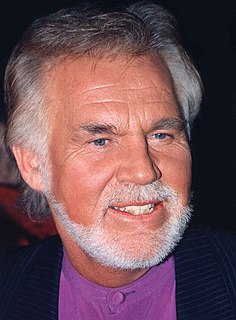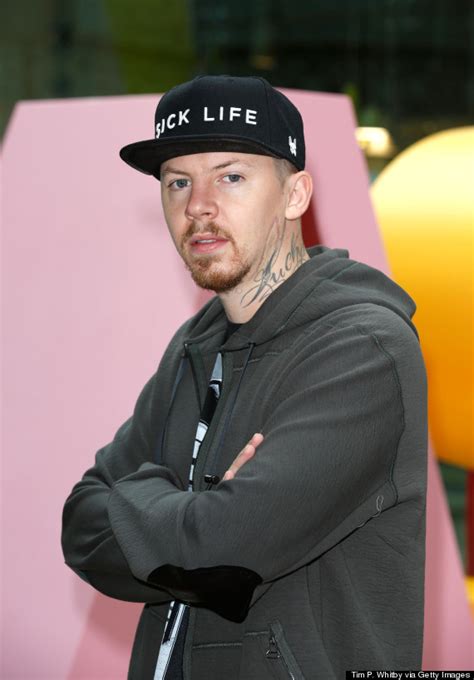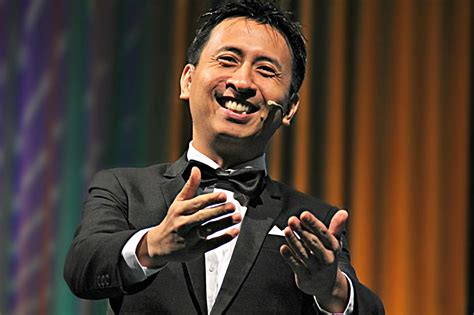A Quote by Kenny Rogers
You know, when you're poor and you have a bunch of kids in your family, you don't know that everybody's not poor.
Related Quotes
Very commonly substances are criminalized because they're associated with what's called the dangerous classes, you know, poor people, or working people.... Actually, the peak of marijuana use was as I said, in the seventies, but that was rich kids, so you don't throw them in jail. And then it got seriously criminalized, you know, you really throw people in jail for it, when it was poor people.
When you live in a poor neighborhood, you are living in an area where you have poor schools. When you have poor schools, you have poor teachers. When you have poor teachers, you get a poor education. When you get a poor education, you can only work in a poor-paying job. And that poor-paying job enables you to live again in a poor neighborhood. So, it's a very vicious cycle.




































